
Colombia. The history of the automation market, which at the residential level began in Colombia in a timid way around 2005, and which at that time was considered a luxury, today has grown up to 400% and, thanks to easy access to technology, has been democratized and is used even in homes of strata 4 and 3.
For John Romero, speaker at the Intelligent Home Summit, part of the TecnoMultimedia InfoComm Congress and commercial manager of Icap Global -distributor of technology for automation- "the spectrum of the market has changed and today automating a house is very simple. A lock, for example, can be purchased online and linked to the system without major inconvenience. Lighting control, motion-sensing cameras, air conditioners, audio and video are becoming more accessible and easier to integrate."
It is for this reason that this market in the country is divided into two clear aspects: that of integrating companies, which have great technical knowledge in elaborate protocols and technological stability, and the so-called Do it your self, which is possible thanks to the entry of cheaper products and easier to install and program. Here, the limits for a person who wants to automate their home, are just budget and technical knowledge.
According to Romero, it is perfectly feasible for anyone to buy, for a few dollars, devices that he can install and program, they are also 100% integrable to systems such as Apple HomePod or Google Home Kit, from which you can have control of the home, even by voice commands. "Appliance brands like Samsung already allow you to control the fridge, stove and air conditioning in a very simple way. That's the best example of the functionality of the Internet of Things."
In the case of home builders in Colombia, it is increasingly attractive to market projects that have at least a low level of automation, although many projects are designed to be 100% automated from the moment of their initial design. Today, even the format of delivering the house is used with a very basic system such as electric curtains and both audio and video of the social area.
Corporate and collaborative spaces
For the corporate case, the history of the automation market is even more developed in the country. "Today it is already a widespread trend that corporate buildings have, at least, income sensors, video surveillance and lighting and temperature controls, always thinking about efficiency and energy savings," adds the Speaker of TecnoMultimedia InfoComm.
In relation to audio and video, multinationals already come with a standard applied to boardrooms, allowing automation with lighting control and automatic switching on of devices. This is a very important segment of the AV industry, and technology globally.
"The common of national companies are today very interested in adopting these systems because there is automation, the interaction of users is more personalized. The scheduling system, for example, is increasingly common and just by sending an email to a platform, at the scheduled time, all the systems that turn on the screens and the projector, close the curtains, and turn on the lights and air conditioning converge. We are in the moment to control everything," says Romero, who will participate in the Intelligent Home Summit, with his conference "Specifying high-performance audio systems".
In this event, the latest trend of collaborative work spaces, which go beyond an automated boardroom, will also be discussed. In this type of space, those present have the possibility to share their contributions wirelessly from their personal devices and can be displayed simultaneously on the screens while a third party can write comments on them, and even edit the content of others.
Finally, and to go beyond these collaborative spaces, now arises the system of immersive telepresence that, through screens and sound, strategically located, can unite in video conference several people, who appear in real size, giving the feeling that everyone is sitting at the same table.

























































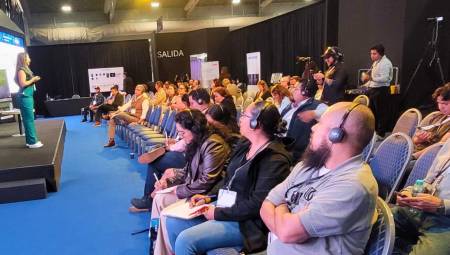
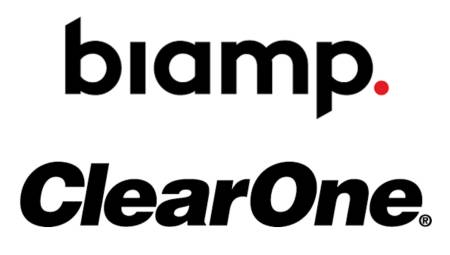


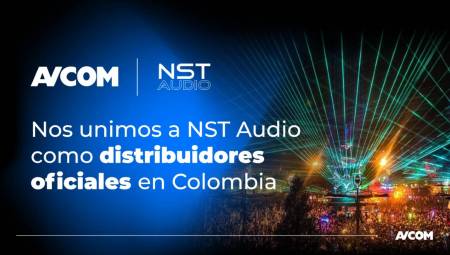


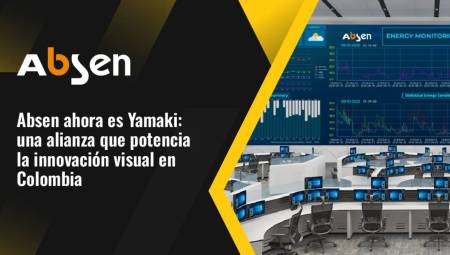
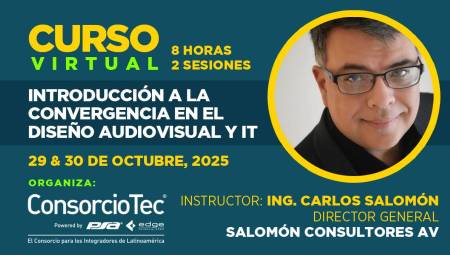


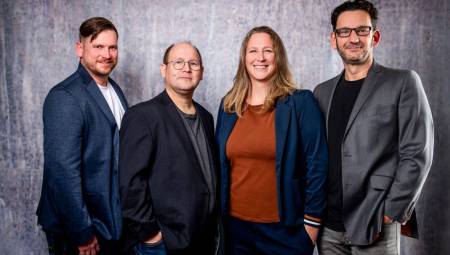
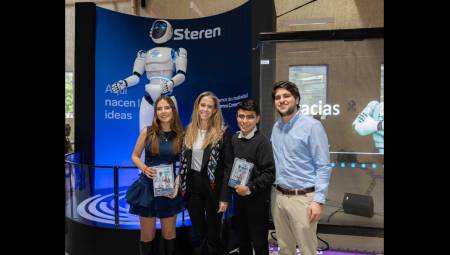
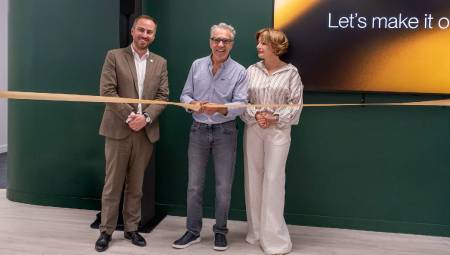
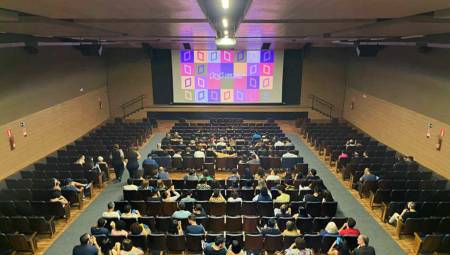
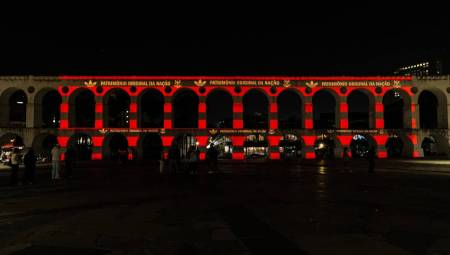

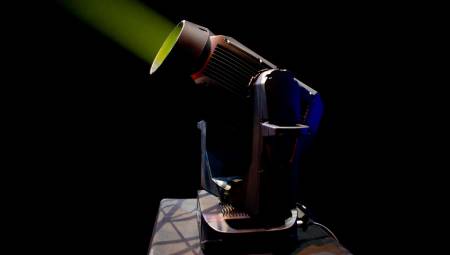



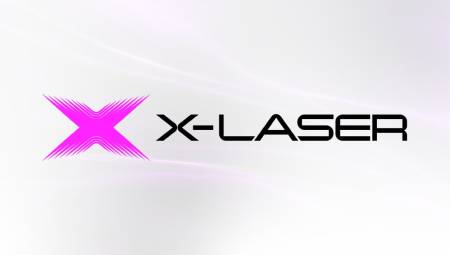


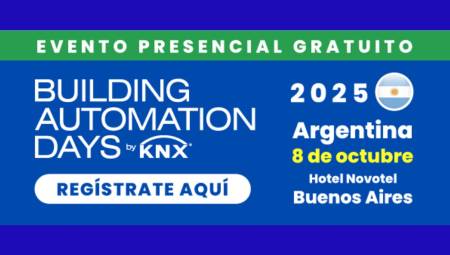



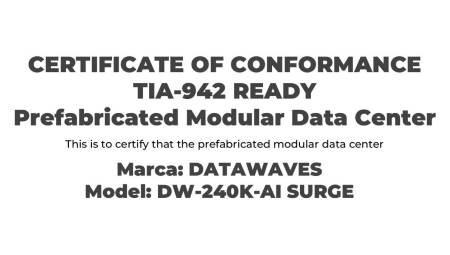

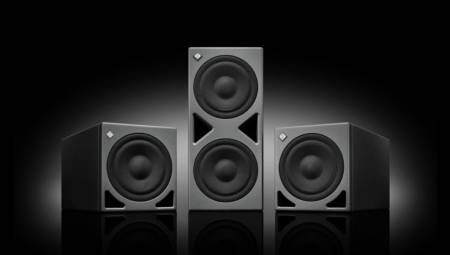
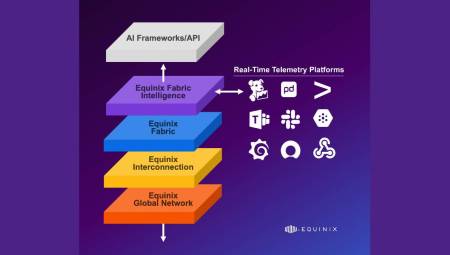
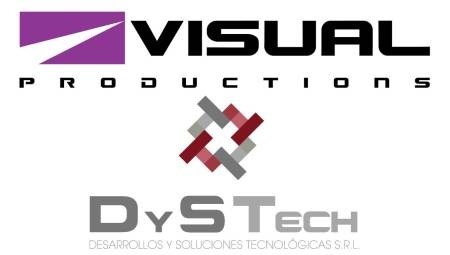
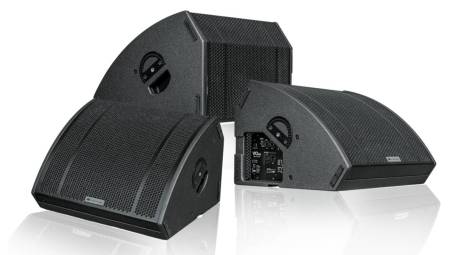
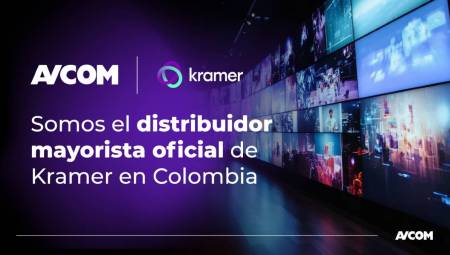
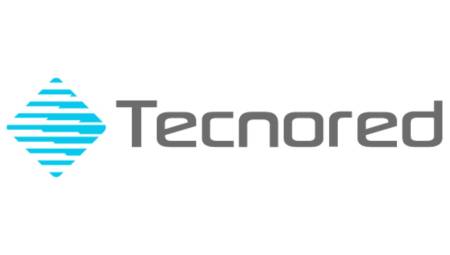
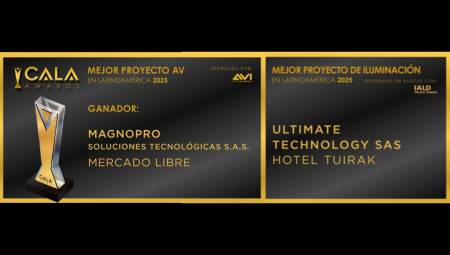

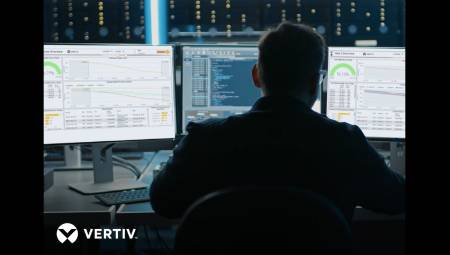
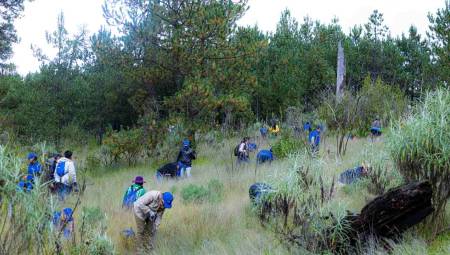

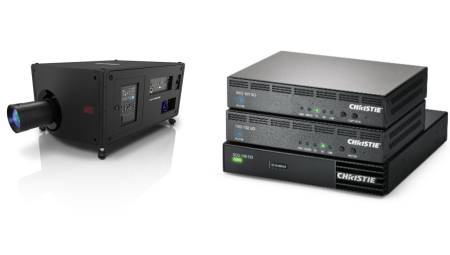


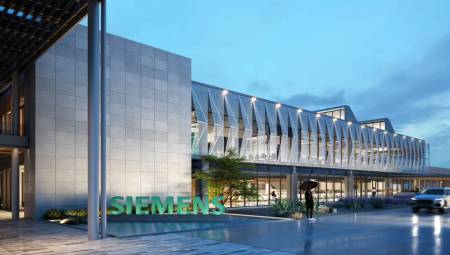

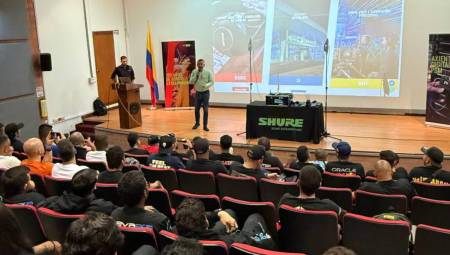


Me parece muy interesante el análisis que se hace en el artículo sobre la domótica en el país, yo he encontrado bastante información de esta, pero en España.
Actualmente estoy estudiando un tecnólogo en Gestión de Mercados del Sena y dentro de los análisis y trabajos he estado buscando información sobre sistemas de alarmas de gas para cocinas y sus ventas en Colombia, dado que es un país en donde el consumo de gas es fuerte, pero es información que no he logrado conseguir, por lo anterior agradezco si usted tiene información sobre las ventas de estos productos en Colombia.
Gracias de antemano por su respuesta y atención, feliz día.